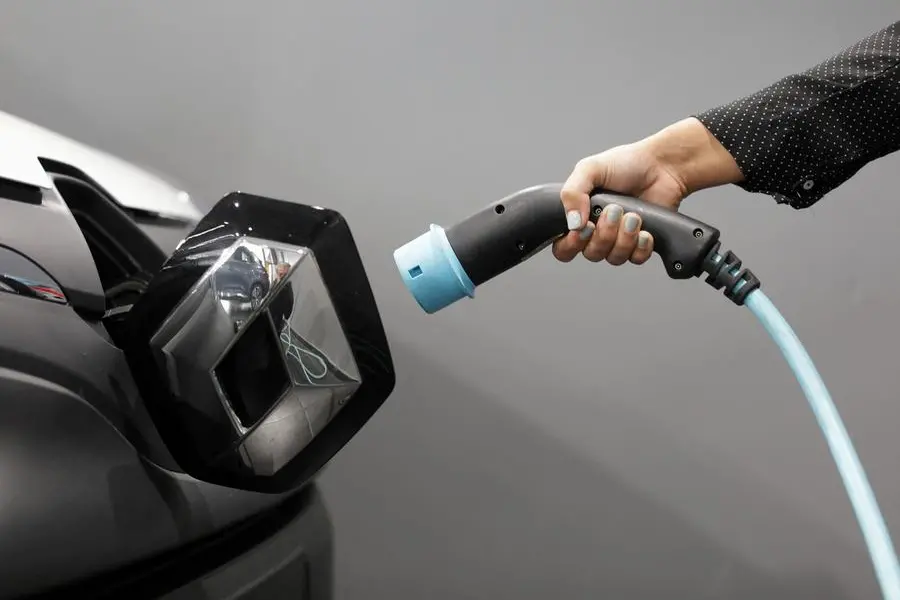PHOTO
MUSCAT: The rollout of electricity smart metres and prepaid metres — part of a strategy to enhance the overall efficiency of power supply and distribution — has intensified in recent months, with as many as 820,000 devices, representing around 55 per cent of the total national deployment target, having been installed as of August 2024.
The Authority for Public Services Regulation (APSR) is overseeing the implementation of the initiative, which aims to support overall grid efficiency, system planning and reduce system losses.
According to APSR Chairman Shaikh Dr Mansour bin Talib al Hinai, smart metre installation is anticipated to hit the 70 per cent mark by the end of this year, before reaching 100 per cent by the end of 2025.
“As the Regulator, APSR is playing its role by overseeing the efficient implementation of the project and providing support in terms of adequate regulatory allowances in the price control,” Dr Al Hinai said.
“The key drivers of this project are supporting system planning, enhancing efficiency and provide data to facilitate further market liberalisation,” he noted in an interview featured in the latest newsletter of the Energy Regulators Regional Association (ERRA), an international grouping of energy sector regulatory institutions.
Also making headway are efforts to foster the adoption of Electric Vehicles (EV) in support by enabling investments in widespread charging infrastructure. To this end, the Authority has issued the Regulation for Electric Vehicle Charging Activities — a key framework designed to support the transition of Oman's transport sector towards clean and sustainable energy.
“This regulation is part of ongoing efforts to enhance the electric charging infrastructure. The regulation will contribute to the development of electric vehicle infrastructure, establish legal frameworks for the operation of the electric charging sector and ensure the creation of a suitable environment that stimulates investment in developing the electric vehicle market,” said Dr Al Hinai.
Furthermore, the Authority has formulated technical guidelines for connecting EV charging stations to the electrical grid. “These regulations serve economic, environmental and social objectives, including preparing the market for electric vehicles, charging services, maintenance and insurance while supporting the transition to clean energy and aligning with the move towards a green economy. From a societal perspective, these regulations define the technical requirements to ensure the safe operation of vehicles and the use of chargers that meet safety standards,” he stressed.
Significantly, a high-level multi-sectoral team is currently collaborating on the need to drive the growth of EV charging infrastructure to cover the length and breadth of the country. As part of its remit, the national team is formulating policies and programmes to support the expansion of EV charging stations.
“It also supports Oman's aim to achieve net-zero emissions in the transport sector and promotes sustainability by transitioning to clean energy, as electric vehicles are carbon-free and fully reliant on electricity,” he added.
2022 © All right reserved for Oman Establishment for Press, Publication and Advertising (OEPPA) Provided by SyndiGate Media Inc. (Syndigate.info).





















